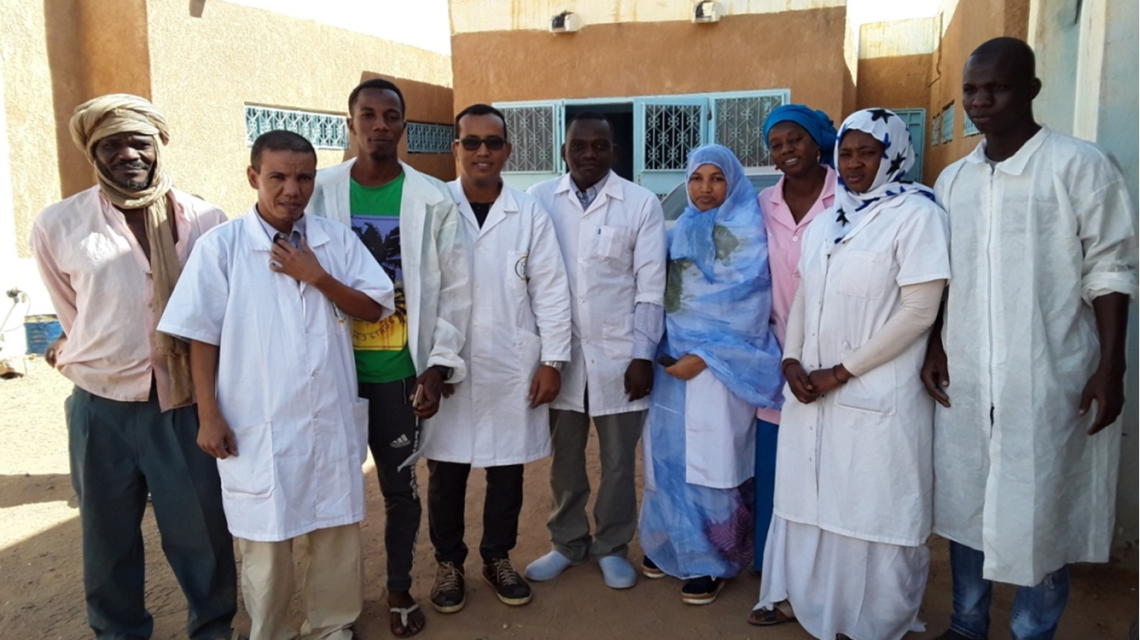As part of its efforts to support early childhood nutrition and maternal health, last year, Mauritania’s Ministry of Health conducted an evaluation of exclusive breastfeeding promotion activities through its National Public Health Research Institute (INRSP), with the support of the IAEA and UNICEF.
Breastfeeding has benefits for both mothers and their children, and isotopic techniques are used to provide information on breastfeeding practices. “Women who breastfeed are more likely to recover from childbirth more quickly, and their risk of ovarian and breast cancers are reduced. Breastfeeding also protects children from the risk of infections and diarrhoea,” explained Mahfoudh Ould Mohamed El Agheb, Head of the Nutrition Laboratory at Mauritania’s National Public Health Research Institute (INRSP). “Therefore, the promotion of exclusive breastfeeding is considered a priority objective of the Mauritanian Ministry of Health.”
Organized with the support of the Agency's technical cooperation (TC) programme[1], the collaborative study assessed the exclusive breastfeeding rate among nursing mothers in two categories: Communities in Mauritania that had benefitted from UNICEF awareness-raising campaigns, and those yet to benefit from such promotional efforts. Conducted over a period of two months, the study findings have provided data-backed evidence of the success and effectiveness of these breastfeeding awareness-raising campaigns. The study was conducted using isotopic techniques to measure exclusive breastfeeding rates rather than rely on self-reported feedback from mothers.







